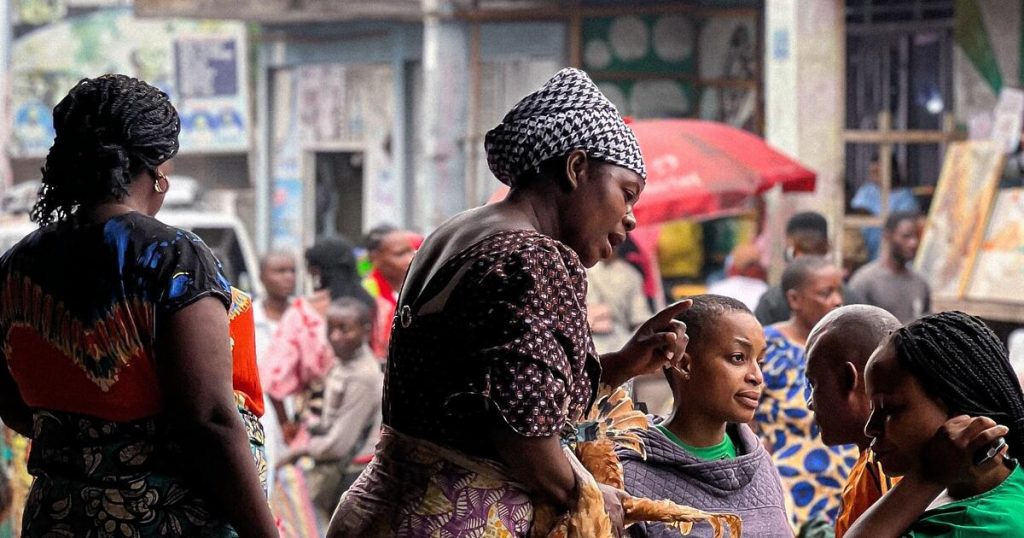Mysterious Illness Outbreak in the Democratic Republic of Congo
Introduction
A mysterious illness has recently emerged in the northwest region of the Democratic Republic of Congo, claiming the lives of over 50 people. The rapid progression of the disease, with symptoms appearing and leading to death within 48 hours, has raised significant concerns among health professionals and international organizations.
Background and Current Situation
The outbreak began on January 21, with 419 cases and 53 deaths reported by Monday. The World Health Organization (WHO) and local doctors are closely monitoring the situation, particularly worried by the swift onset of symptoms. The first reported cases occurred in the town of Boloko, where three children died after consuming bat meat, highlighting the potential zoonotic nature of the disease.
Zoonotic Diseases and Environmental Factors
The increase in zoonotic diseases—where pathogens jump from animals to humans—has surged by 60% in Africa over the past decade. This surge is linked to environmental changes, such as deforestation, which brings humans and wild animals into closer contact. The consumption of bushmeat in the region further heightens the risk of disease transmission.
Diagnostic Challenges and Past Outbreaks
Samples from 13 cases were sent to Kinshasa for testing, with results showing negative for Ebola and Marburg but positive for malaria in some cases. Last year, a similar flu-like illness was identified as malaria, suggesting that known diseases might be presenting differently. However, the exact cause remains unclear, complicating response efforts.
Health Crisis and Healthcare System Burden
Congo faces numerous health challenges, including recent outbreaks of Ebola, typhoid, malaria, anemia, and mpox. The mpox outbreak alone has affected over 47,000 individuals, straining the healthcare system. The current mysterious illness adds to this burden, testing the capacity of medical teams and infrastructure.
Conclusion and Global Implications
The social impact of this outbreak is severe, with potential for community devastation, mistrust, and misinformation. Globally, it underscores the interconnected nature of health, emphasizing the need for swift containment and international collaboration. Swift identification of the pathogen is crucial to implement targeted interventions and mitigate further spread. The situation remains fluid, requiring urgent attention to protect vulnerable populations and prevent broader health crises.















